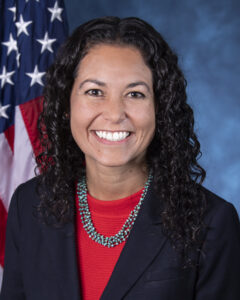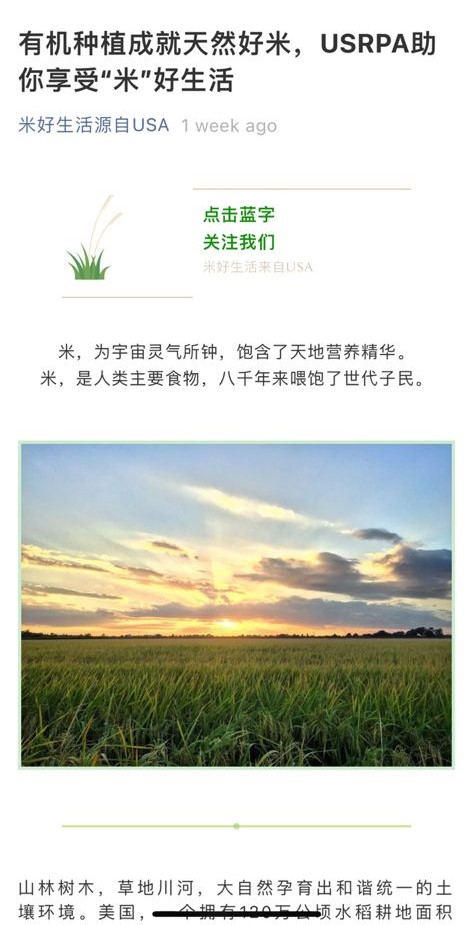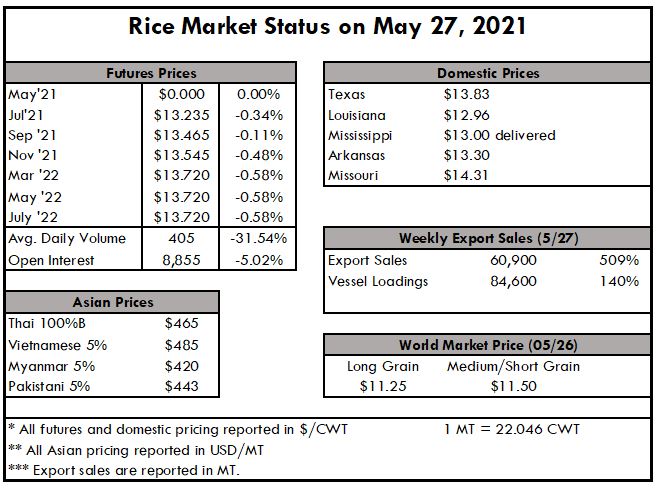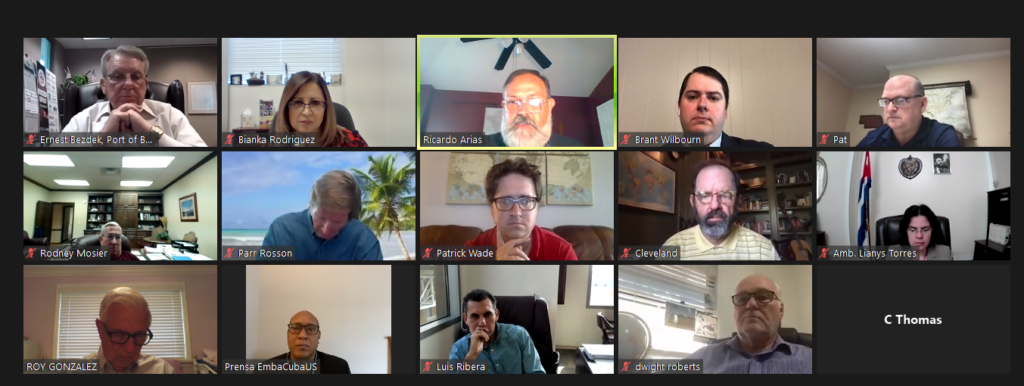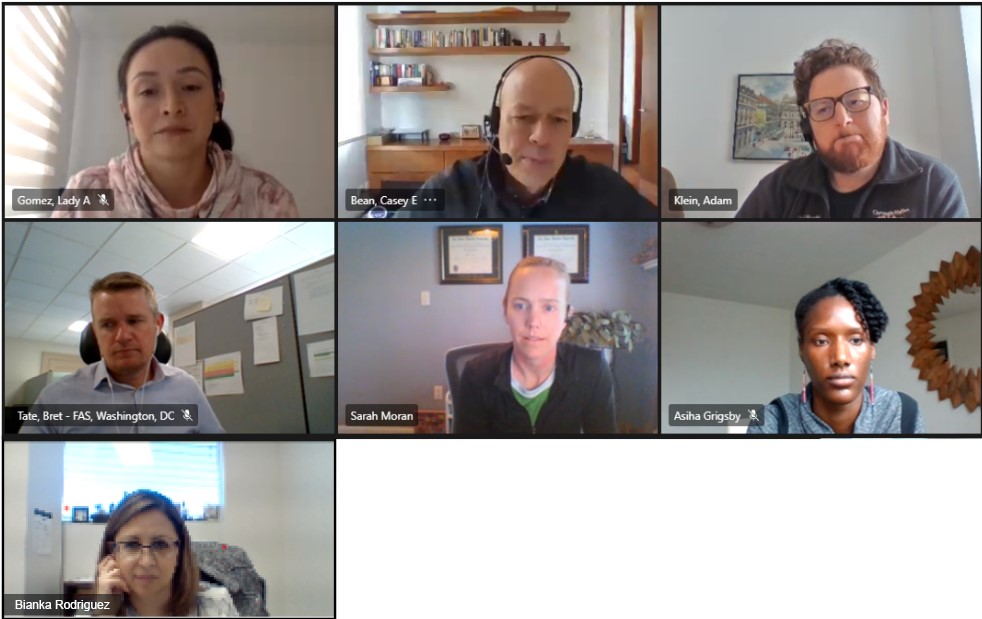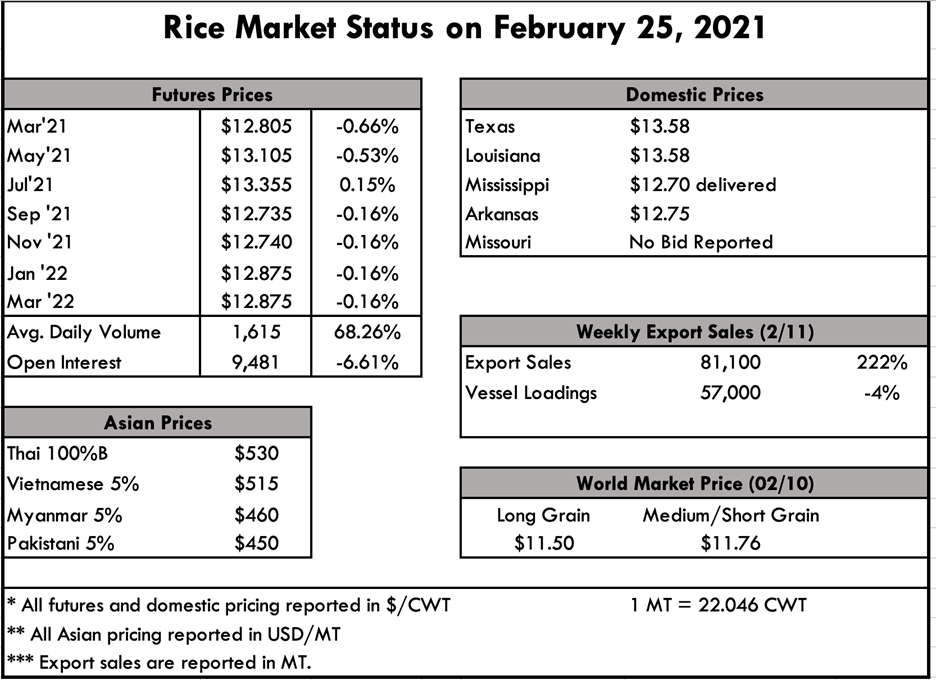USDA Awards Funds for Fiscal Year 2022 Market Development Programs
WASHINGTON, D.C., Dec. 3, 2021 – The U.S. Department of Agriculture’s Foreign Agricultural Service (FAS) has awarded fiscal year 2022 funding to more than 60 U.S. agricultural organizations to help expand commercial export markets for U.S. goods.
The Market Access Program (MAP) focuses on consumer promotion, including brand promotion for small companies and cooperatives, and is used extensively by organizations promoting fruits, vegetables, nuts, processed products, and bulk and intermediate commodities. The Foreign Market Development (FMD) Program focuses on trade servicing and trade capacity building by helping to create, expand and maintain long-term export markets for U.S. agricultural products.
“The Market Access and Foreign Market Development programs benefit producers throughout the United States, building markets for a wide variety of U.S. farm and food products around the globe,” said FAS Administrator Daniel Whitley. “These programs play a significant role in supporting the U.S. agricultural industry that achieved record exports in 2021 and is projected to do even better in 2022. Increased exports are critical to expand farm incomes, improve the economic health of rural communities, and ensure nutrition security here at home and overseas.”
Under the Market Access Program, FAS will provide $175.6 million for fiscal year 2022 to 67 nonprofit organizations and cooperatives. These organizations use the funds to support U.S. producers with marketing and promotion activities around the globe, including market research, technical assistance, and support for participation in trade fairs and exhibits. The average MAP participant provides more than $3.50 in contributions for every $1 in federal funding it receives through the program.
Under the Foreign Market Development Program, FAS will allocate $26.8 million for fiscal year 2022 to 21 trade organizations that represent U.S. agricultural producers. The program focuses on generic promotion of U.S. commodities, rather than consumer–oriented promotion of branded products. Preference is given to organizations that represent an entire industry or are nationwide in membership and scope. The organizations, which contribute on average more than $2.50 for every $1 in federal funding they receive through the program, will conduct activities that help maintain or increase demand for U.S. agricultural commodities overseas.
USDA’s international market development programs have had a significant and positive impact on U.S. agricultural exports. An independent study released in 2016 found that MAP and FMD provide $28 in export gains for every $1 spent by government and industry on market development.
Agricultural exports have grown significantly over the past decades, becoming an increasingly important component of the agriculture industry and accounting for 20 percent of U.S. production. From 2000 to 2020, U.S. agricultural exports grew from $56 billion to $150 billion. It is estimated that U.S. agricultural exports supported nearly 1.1 million full-time jobs in 2019.
USDA has published the list of organizations that will receive fiscal year 2022 MAP awards and FMD awards. To learn more about MAP, FMD and other FAS programs, visit www.fas.usda.gov.
USDA touches the lives of all Americans each day in so many positive ways. In the Biden-Harris Administration, USDA is transforming America’s food system with a greater focus on more resilient local and regional food production, fairer markets for all producers, ensuring access to safe, healthy, and nutritious food in all communities, building new markets and streams of income for farmers and producers using climate smart food and forestry practices, making historic investments in infrastructure and clean energy capabilities in rural America, and committing to equity across the Department by removing systemic barriers and building a workforce more representative of America. To learn more, visit www.usda.gov.
#
USDA is an equal opportunity provider, employer, and lender.
